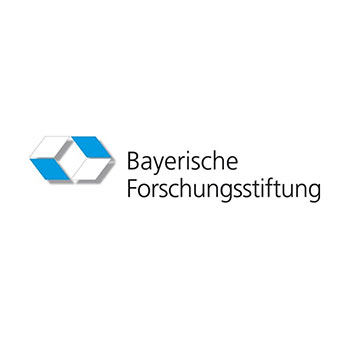Research projects
ASIMOV - Anatomiespezifische Implantatverankerung mittels optimierter Verformungseigenschaften InDx – an innovative implant that restores natural motion to patients with thumb base joint arthritis Implant system testing – Development of a method for testing and simulation of ostheosynthesis systems under realistic and physiological test conditionsASIMOV - Anatomiespezifische Implantatverankerung mittels optimierter Verformungseigenschaften

Abstract
A gradient-free load application to avoid stress peaks or micromovements between a metallic implant and its anchorage in the native bone and the associated risks, e.g. implant loosening, is a desired property that has not been consistently implemented in any available endoprosthetic treatment to date. Especially mechanically critical anchorage cases, such as on the acetabulum (hip socket) after tumor resections, can be designed with the help of new manufacturing processes in such a way that stress peaks in the transition between bone and implant are significantly reduced. In addition, gradient-free load application can be used for classic anchorage cases in the femur, humerus or tibia. Physiological knowledge, software-based modelling and optimization algorithms as well as additive manufacturing in combination represent a new, previously unavailable methodology for designing, producing, testing and marketing deformation-adapted implants in the future.
In this project, EndoLab has a special focus on particle release and structural safety.
Project partners
- Technical University of Munich, Institute for Machine Tools and Industrial Management
- Technical University of Munich, Clinic for Orthopedics and Orthopedic Sports Medicine
- FIT Production GmbH
- AQ Implants Services GmbH
Project period
01 July 2018 – 30 June 2021
Project funding
Bavarian Research Foundation

